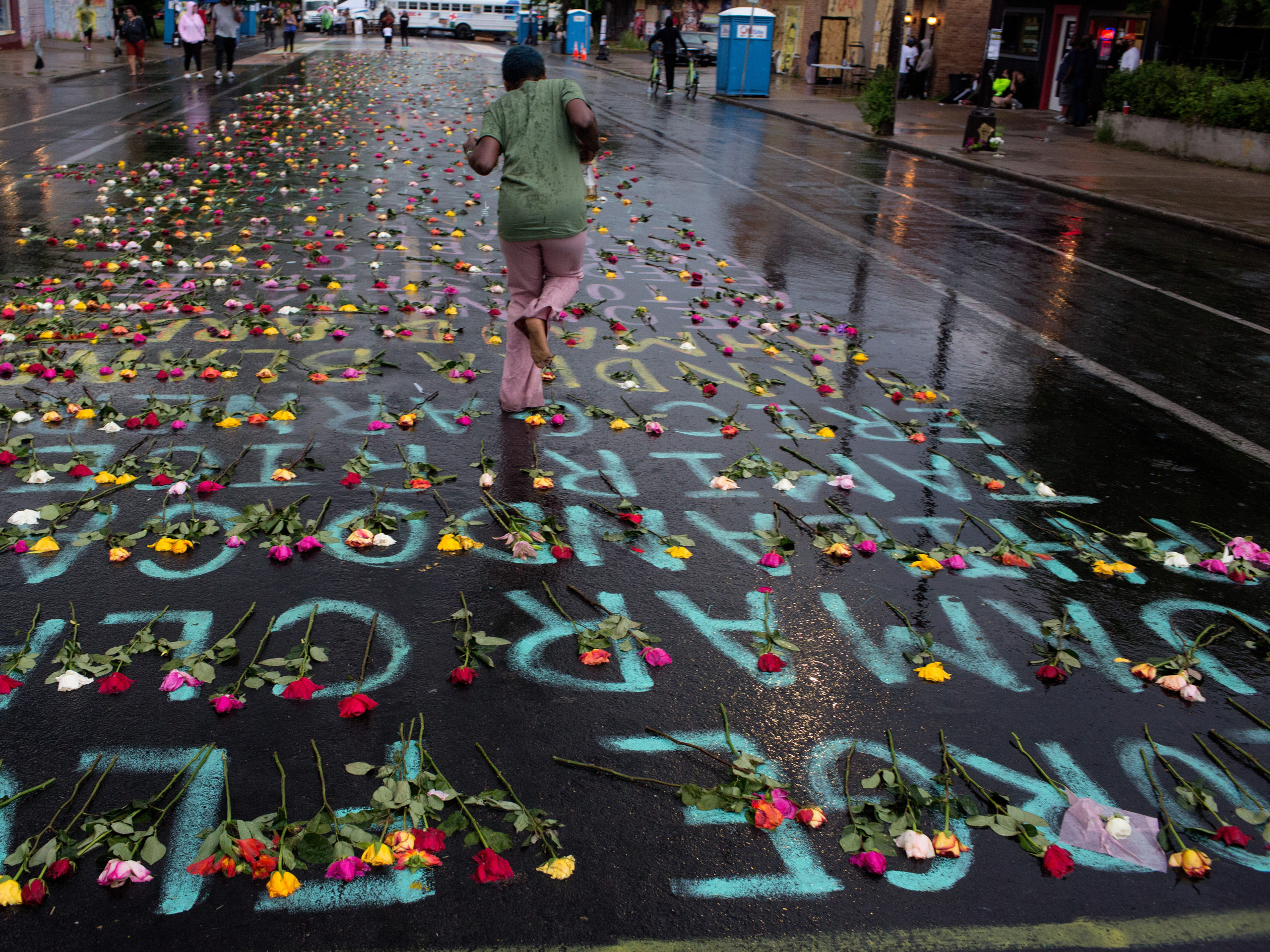
It has been one year since the murder of George Floyd at the hands of police here in our community. In the days that followed, MACP committed to more formally examine the role equity and inclusion play in our grantmaking and increase our support for work in our local community to address issues of racism and inequity. As we observe this sobering milestone, we join many in our community who are reflecting on where we’ve been and the notable work that remains.
Our Commitment to Learning. Our work begins with recognizing that we have much to learn. By the end of this year, our staff and board members will each have completed the Intercultural Development Inventory (IDI). The IDI creates a foundation of knowledge and common language to expand our individual and collective intercultural competence. In formal learning cohorts, we have engaged with one another to build our knowledge and understanding. Building on this foundation, we created a steering committee to facilitate work across MACP and with our board and began work to articulate a vision for diversity, equity, and inclusion (DEI) at MACP. Our vision will guide our work and the commitments to which we hold ourselves accountable as staff, as a grantmaker, and as part of the larger philanthropic community.
We know that everyone at MACP has a role in this work, and in addition to organization-wide initiatives, employees have pursued personal and professional learning efforts. To help connect and inform DEI efforts and conversations across the organization, we formed a DEI Staff Advisory Group to serve as a sounding board, facilitate dialog, and support formal and informal learning opportunities on topics and work related to DEI.
Our Commitment to Addressing Racism and Inequity in Our Community: In the 60 days that followed George Floyd’s murder, we committed more than $2 million in new funding for 20 organizations in the Twin Cities, with work focused on racial, economic, and social equity, as well as building networks and community leadership for systemic change.
By the end of 2020, we committed over $11 million to COVID-relief and racial and social equity efforts in our community, primarily in support of organizations whose work is centered in and with BIPOC communities. That work continues this year, with more than $6 million to date dedicated to addressing racism and inequity in our local communities.
Our Commitment to Equity and Inclusion in Our Grantmaking: As we examine our grantmaking, we again recognize that learning is the first step. Earlier this year, MACP launched a focused effort to deepen our awareness of biases in our grantmaking, and to further our understanding of structures and systems that perpetuate racism and inequity. Even as we engage in this learning, we will bring an intentional equity lens to our ongoing grantmaking. We are heartened to hear from grantees that our funding support for populations that are often underserved and low-attention has been valuable in their work. Still, we know we can do more in collaboration with our grantees and others, not only to learn from them, but also to partner for a deeper, more lasting impact.
Our organization’s efforts over the past year are early steps on a long journey, and we know there is meaningful work yet to be done. We stand with our community and our grantee partners in addressing racism and inequity, and we believe that together, we can make a difference.

